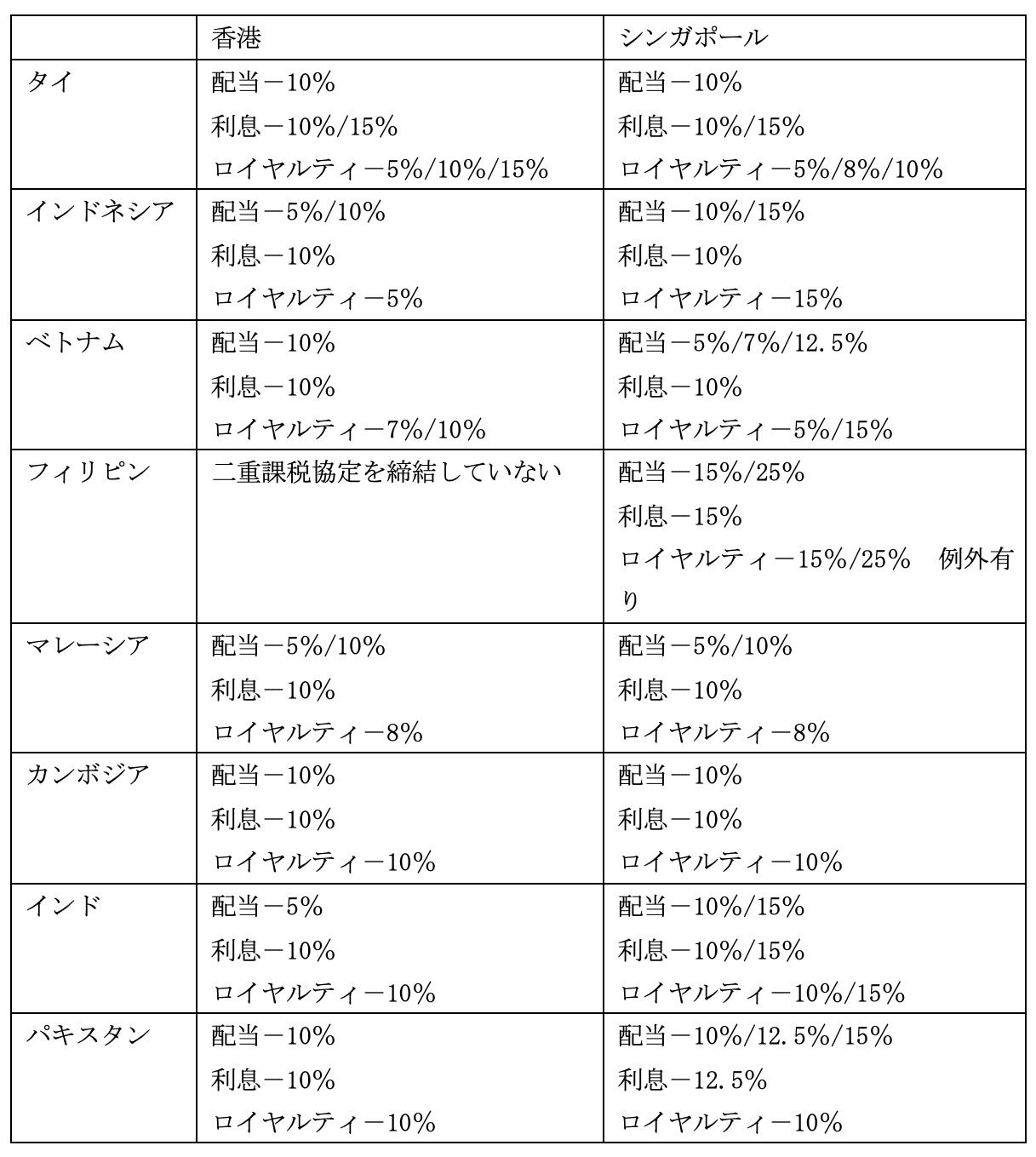Restraints on Employee’s Activities Post-termination
Frequently employers seek to impose post-termination restrictions (“PTRs”) on employees in order to restrain the post-termination activities of the employees with the aim of protecting the employer’s businesses. Post-termination restrictions are often used by employers to restrict an employee from:-
• joining competitors;
• poaching employees;
• soliciting clients or customers; or
• dealing with clients or suppliers.
Whether or not a PTR is enforceable is a common question posed by both employers and employees who are considering joining a competitor, a competitor seeking to poach an employee as well as employers seeking the enforcement of the PTR against a recently departed employee.
Enforceability of PTRs
PTRs which amount to restraint on trade are prima facie void and unenforceable. The courts will enforce such PTRs only where it can be shown such restrictions are for the reasonable protection of the employer’s legitimate interests and are no wider than reasonably necessary.
The courts have emphasised that the application of familiar principles is highly sensitive to the individual facts of each case. Accordingly, precedents provide guidance to enforceability but are not determinative in determining whether such restraints are reasonable. The court will take into account the nature of the employment, the employee’s role within the employer and the time for which the restraint is sought to be imposed and geographical area to which the restraint applies.
Consequences of a PTR being held unreasonable
If a PTR is held to be unreasonable, it will be struck down and will not be enforced unless the offending parts can be severed without changing the character of the clause. The courts cannot enforce a restriction of lesser extent which would have been reasonable or rewrite a defective covenant so that it becomes enforceable.
Drafting PTRs
An employer should ensure that the PTRs are drafted to mitigate the risk that they are open to challenge or held unenforceable. The following should be kept in mind when drafting PTRs:-
• The onus is on the party seeking to rely on the PTR to show that it is reasonable and enforceable.
• Any ambiguity or uncertainty in the drafting of the PTR gives rise to significant risk that a party against whom the PTR is enforced may choose to challenge its enforceability.
• The language used in the PTR should be crafted keeping in mind the specific position, seniority and influence of the departed employee, as well as the connections and the shelf-life of the confidential information and knowledge retained by that departed employee.
• Any requirement for the departed employee to serve a period of gardening leave may reduce the length of the PTRs considered to be reasonable.
• The PTR should be clear, precise and reasonable as to duration and geographic scope.
• In drafting PTRs it should also be borne in mind that the party seeking to enforce the PTR would have the onus of establishing sufficient evidence to obtain on an interim basis an injunction restraining the employee’s breach of such a PTR.
A recent case last year in the UK Supreme Court, which is likely to be followed in Hong Kong, provided some helpful guidance on restrictive covenants. In this case, Tillman v Egon Zehnder [2019] UKSC 32, the employee argued that her employer Egon Zehnder had sought to apply an overly wide and restrictive non-compete covenant on her. The court found that part of the covenant did amount to an unreasonable restraint of trade, and struck it out, but it recognized at the same time that the rest of the restrictive covenant was fair. In its ruling, the court confirmed that it was possible to sever and remove troublesome parts of a restrictive covenant whilst leaving the remainder intact. In addition, the court warned against employers drafting overly wide covenants in the first place, indicating that such employers could face additional cost penalties if the court found that their contracts “cast an unfair burden on others to clean them up”.
Confidential Information
Frequently when drafting an employment contract an employer will seek to protect its confidential information prevent misuse by departing employees. Often such provisions will be without time limitation and such restrictions are considered a legitimate provision for the protection of the employer’s proprietary rights in its confidential information.
For further information on PTRs confidential information and other employment law related matters, please do not hesitate to contact us.
 Suite 503, 5/F, St. George's Building, 2 Ice House Street, Central, Hong Kong
Suite 503, 5/F, St. George's Building, 2 Ice House Street, Central, Hong Kong +852 2868 0696
+852 2868 0696







